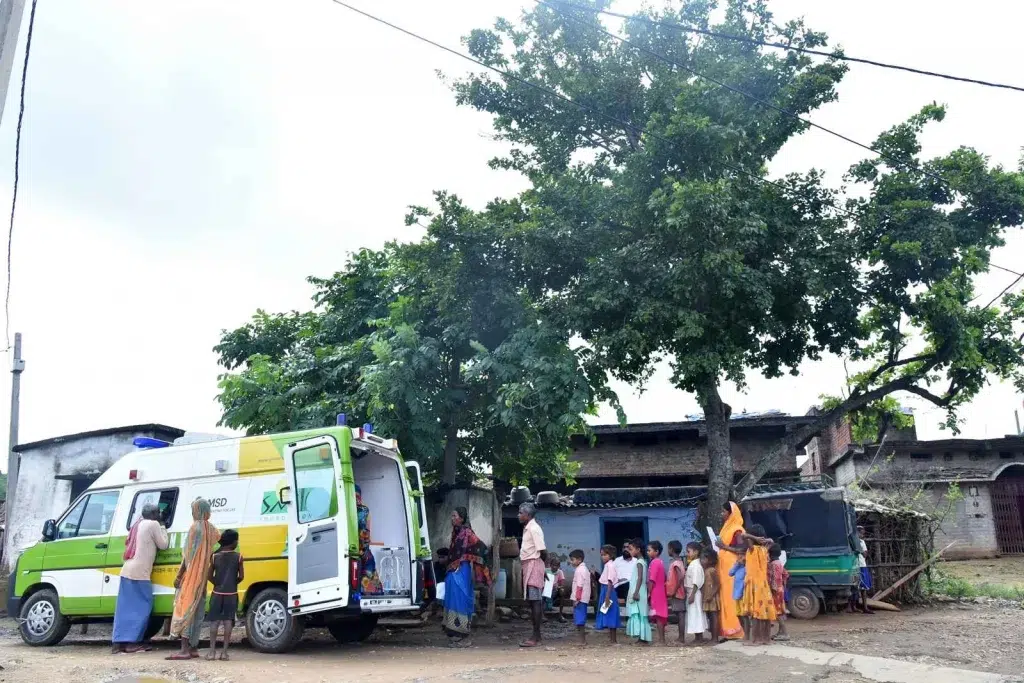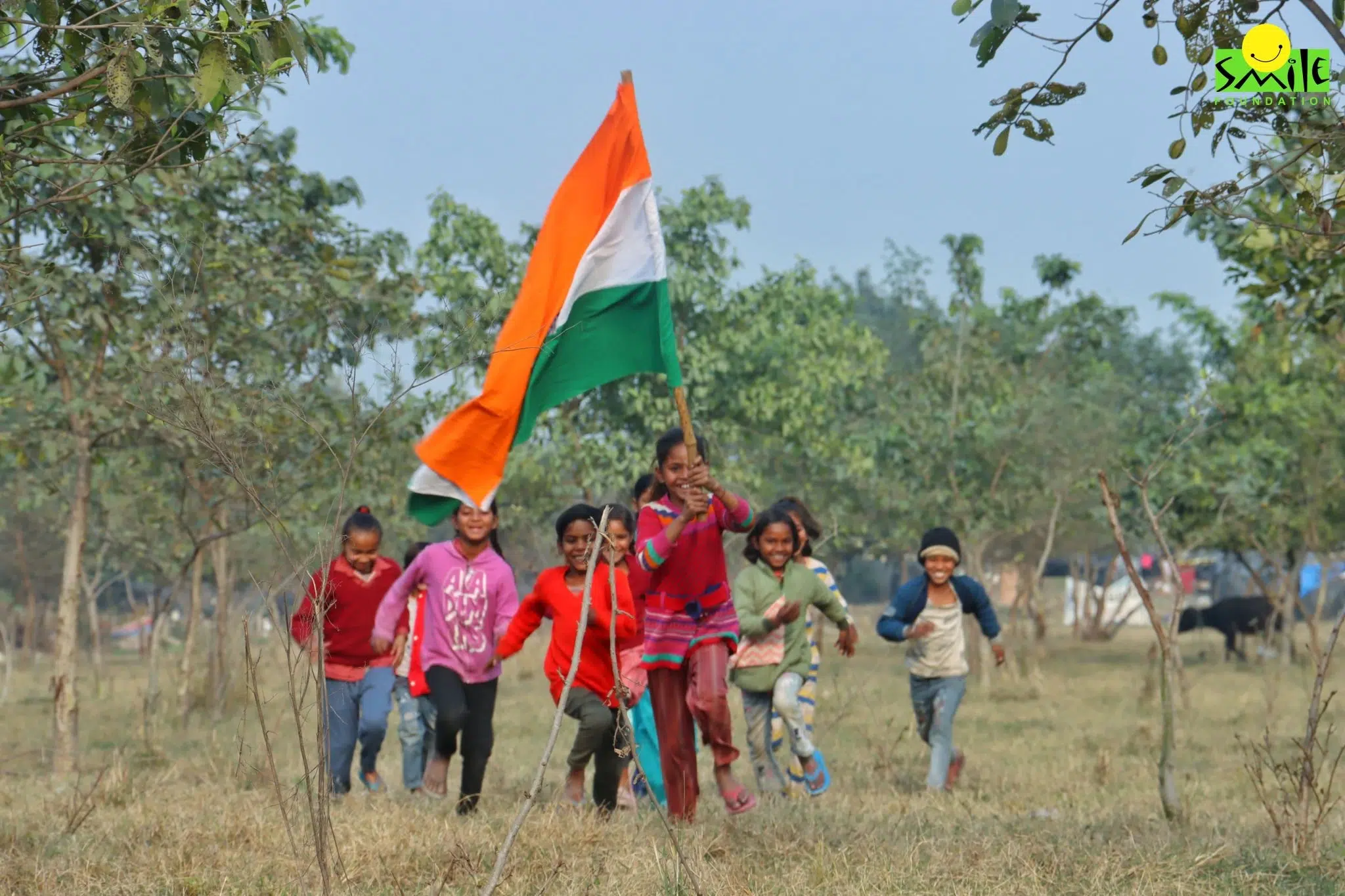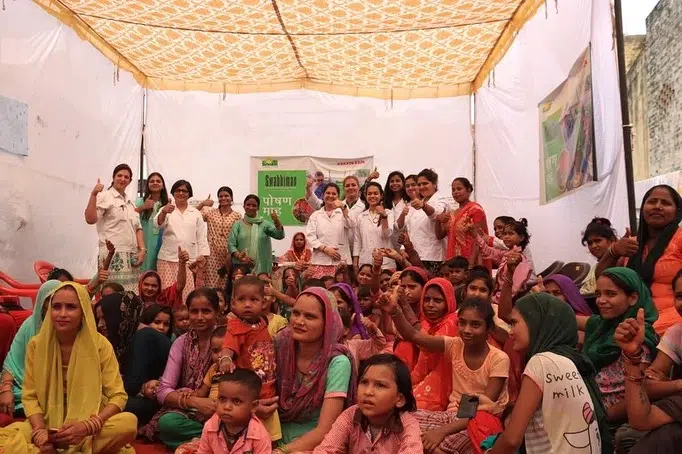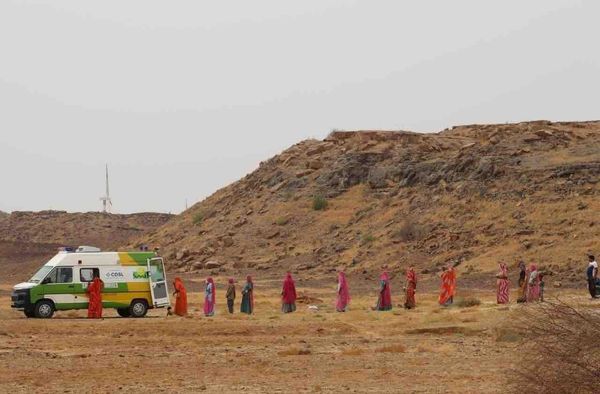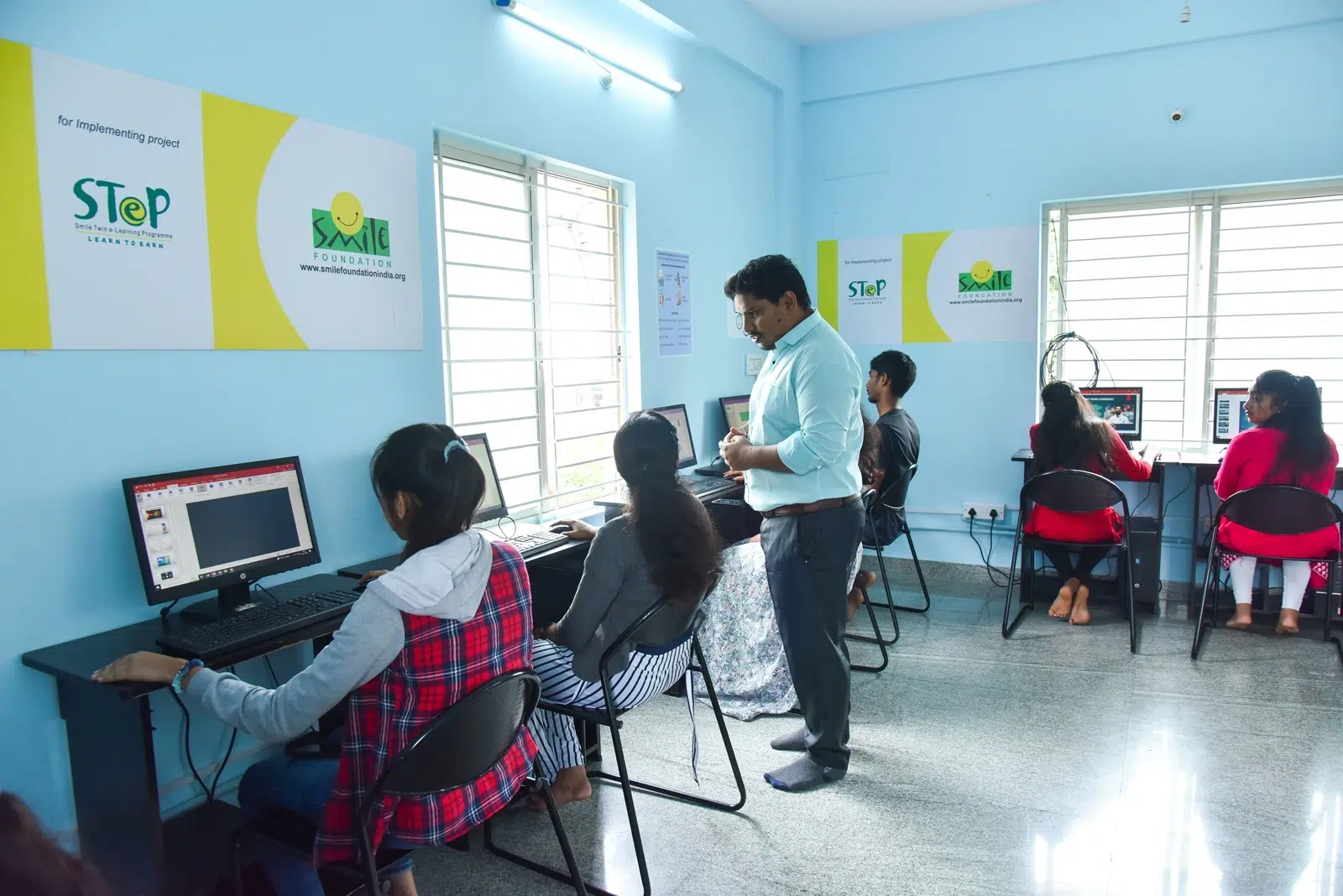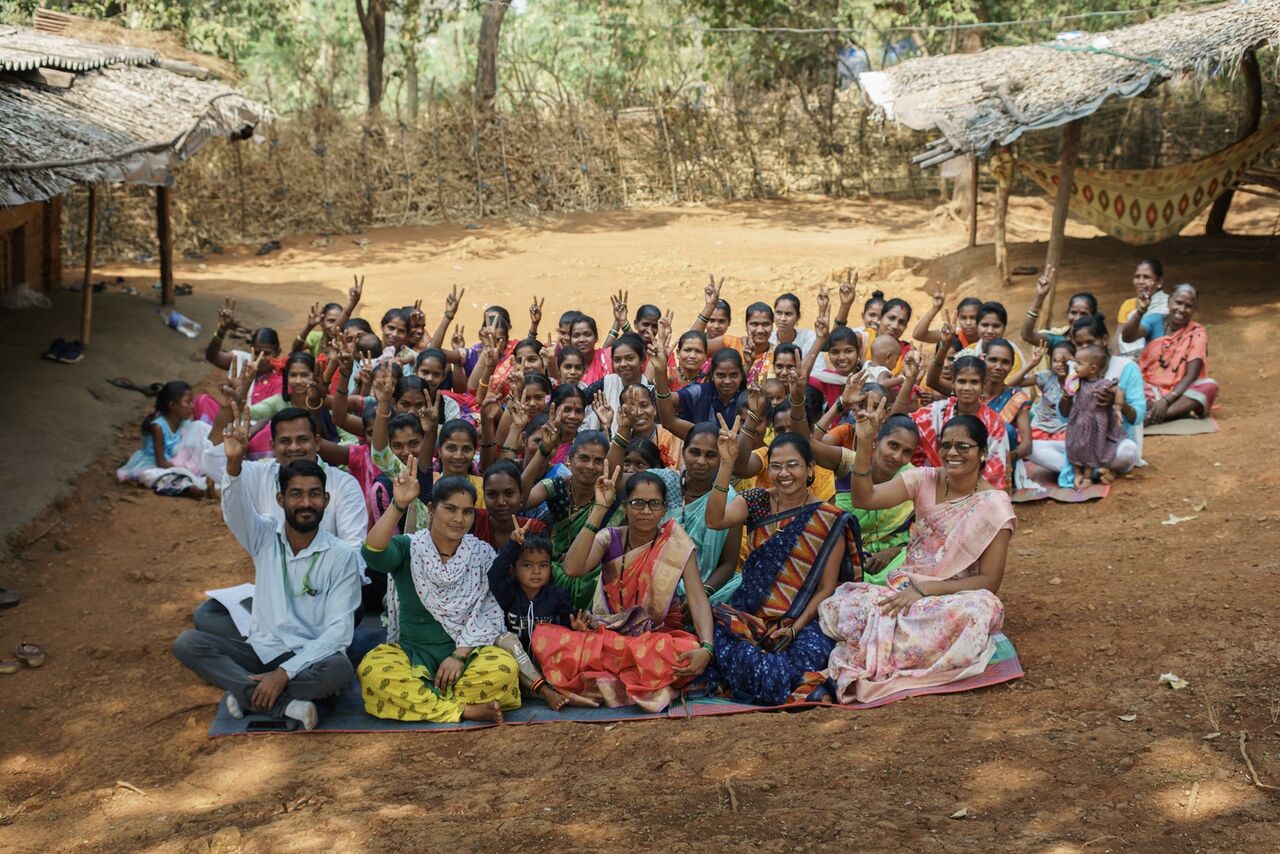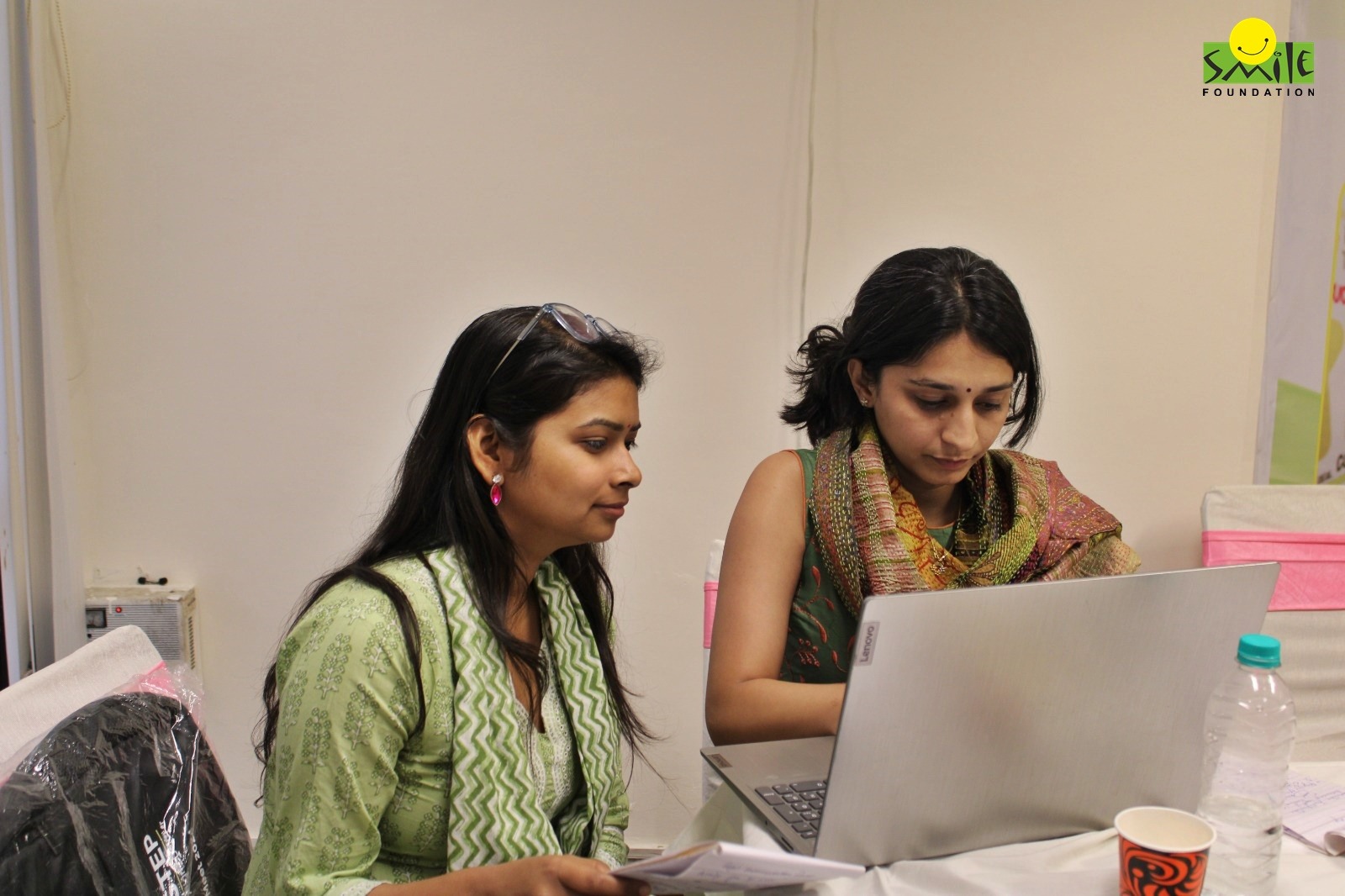India’s healthcare sector is a combination of public and private service providers, and the government plays a central role in ensuring access to healthcare for everyone in the country. In a developing country like India, with one of the largest populations, the government becomes an important stakeholder in healthcare. However, the system faces significant challenges. For example, The Ayushman Bharat scheme, which was launched in 2018, aims to provide medical insurance to more than 500 million people. This also makes it one of the largest governments funded healthcare schemes in the world. Even after this, people face critical challenges in accessing good healthcare facilities because of lack of hospitals, healthcare professionals and insufficient infrastructure to support such a scheme. With 3.5 percent of its budget, India also spends less on healthcare as compared to the global average.
Latest Initiatives in Healthcare in India
As mentioned above, Ayushman Bharat is one of the recent healthcare programmes launched in India. Apart from this, PM-JAY or Pradhan Mantri Jan Arogya Yojana, is also a key scheme by the Indian government. Similarly, Ayushman Arogya Mandirs launched as part of Ayushman Bharat Scheme provide comprehensive primary healthcare services, including maternal and child health services, vaccination and screening for non-communicable diseases.
Various state governments in India are also launching their own healthcare programmes including insurance schemes, infrastructure support, etc. In Delhi, Mohalla Clinics are one such example which aim to provide local healthcare support for free. Also, the state government also provides free medicine to anyone through its official networks.
India also showed its intent in building a strong healthcare system at the time of Covid-19 pandemic when the country responded by developing vaccines that were later exported to other countries. The India COVID-19 Emergency Response and Health Systems Preparedness Package provided financial support and essential materials like PPEs, N95 masks and ventilators to healthcare facilities.
Healthcare in India – From Beginning to Now
Healthcare in India dates back to ancient times, with traditional medicine practices like Ayurveda. The practice is believed to have originated more than 3000 years ago and it continues to find ground in today’s world. Similarly, Unani medicine practice that was introduced in the region by Arabs and Persians also thrived and grew. There are names in Indian medicine history like Charak or Patanjali who played an important role in paving the path for modern medicine.
First medical colleges were established in India at the time of the British who brought modern medicine practice to the country with them. The founding of institutions like the All-India Institute of Medical Sciences (AIIMS) in 1956 marked a turning point in India’s healthcare system. AIIMS has since become a premier medical institution, known for its high standards of education, research and patient care.
Today, India boasts of a strong healthcare infrastructure with various AIIMS campuses across the country and a growing medical professional pool.
India’s Contribution to Global Healthcare
Today, India is a key player in medical research, pharmaceutical production and healthcare services. It is also an important medical tourism destination for people coming from different countries to access good-quality healthcare at a cheaper cost as compared to many western and European countries. Patients from around the world come to India for treatments like cardiac surgery, orthopaedics and oncology, benefiting from the high-quality care at a fraction of the cost in developed countries.
India’s pharma industry is also world’s third-largest in terms of volume of drugs manufactured here and it plays a significant role in the global drug production. Not just that, Indian companies also provide cheaper generic medicine to many developing and poorer countries. At the same time, the country is also an active participant in global medical research.
Gaps in Indian Healthcare
With all the advancements in healthcare, India still faces a lot of challenges, especially in ensuring equal access to good-quality healthcare services to all its people. This gap is even bigger when we see healthcare infrastructure and professional availability in rural and urban areas. According to the National Health Profile, India has about one doctor for every 1,445 people, which is below the World Health Organization’s recommended ratio of 1:1,000. Additionally, only about 50% of rural households have government health insurance, and access to diagnostic facilities is limited. While India becomes an important global player in healthcare, it needs to address these local challenges too for ensuring all its people can benefit from the progress.
Future of Healthcare in India
As we have seen, healthcare in India dates back to thousands of years. There is a vibrant history of traditional medicine, fitness practices and healthcare that exists. However, what is needed today is that modern medicine reaches all the people so that India can deal with new-age diseases. At the same time, the rural-urban gap in healthcare facilities also needs to be reduced as it puts a heavy burden on few institutions within the country which sees thousands of patients visits every day, overwhelming the entire infrastructure.
With the advancement of technology, India can make use of digital healthcare infrastructure to provide services to those living in rural areas or remote regions. The Ayushman Bharat Digital Mission seeks to create a national digital health ecosystem, linking healthcare providers, patients and insurance providers to streamline healthcare delivery. What can also be a game-changer is public-private partnerships and seeking global collaboration. India has a long way to become entirely self-sufficient in its healthcare landscape. However, there are a lot of opportunities that the country can leverage.
Smile’s Healthcare Commitment
Smile Foundation is deeply committed to addressing the healthcare challenges that affect millions in India, particularly in underserved rural and urban areas. With a focus on bridging the gap between need and access, Smile Foundation’s healthcare initiatives deliver essential services to those who lack basic medical facilities. Through its Smile on Wheels mobile medical units, we bring primary healthcare services to the doorsteps of marginalised communities, tackling issues such as maternal and child health, vaccinations and chronic disease management. This innovative approach ensures that people in remote areas, often left out of the healthcare system, can receive timely and quality care.
Recognising the importance of preventive health, Smile Foundation also emphasises health awareness and education through health camps and school-based initiatives. These programmes focus on improving sanitation, nutrition and hygiene practices, contributing to long-term well-being. Additionally, we align our work with national health missions like Ayushman Bharat, complementing government efforts to create a more equitable healthcare system. Smile Foundation’s multi-faceted approach not only addresses immediate medical needs but also builds a healthier future for the communities it serves.



